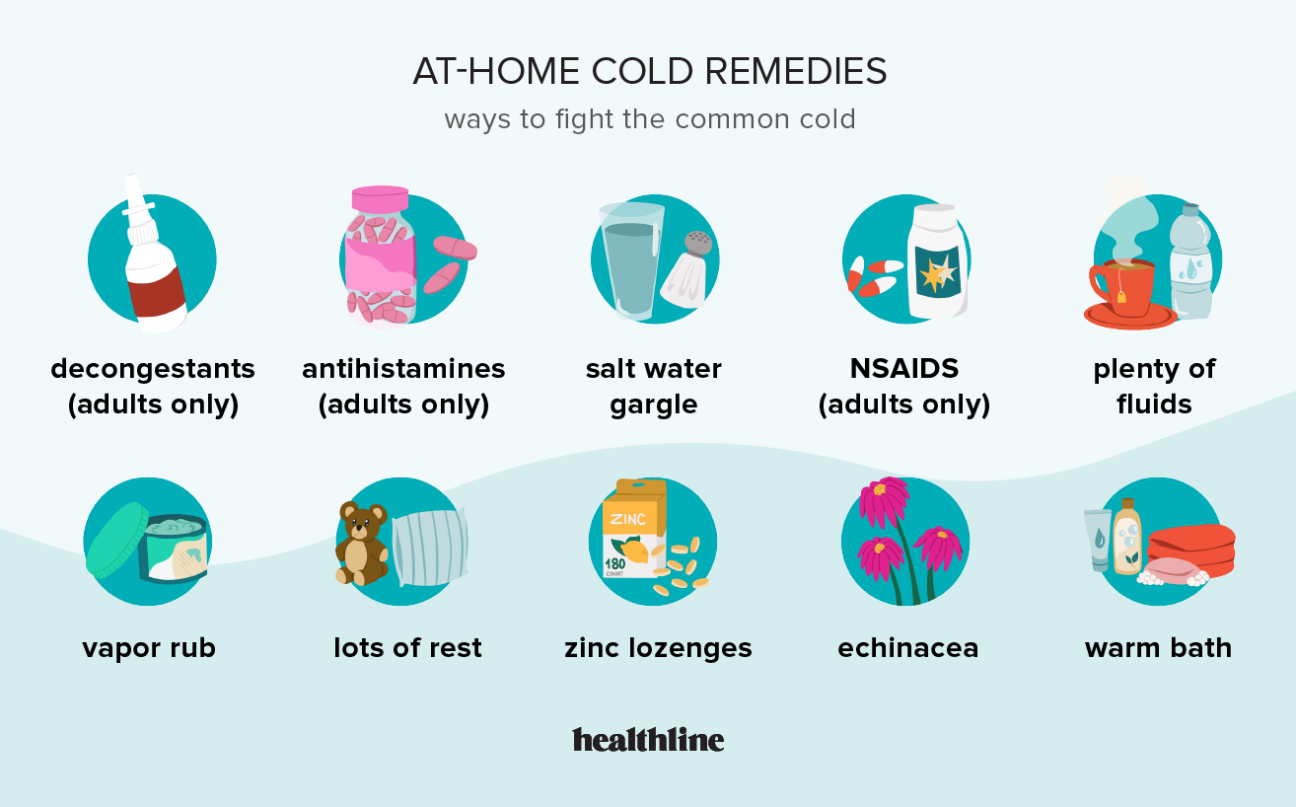
Steps to Safely Manage Your Flu Symptoms: A Guide for Speedy Recovery
When it comes to managing flu symptoms, you’re not alone in seeking effective strategies. The onset of the flu can be sudden and without warning, leaving you feeling miserable and out of sorts. It’s important that you take immediate action to safely manage your symptoms.
Your body is a complex system, so understanding how it reacts to the influenza virus is key. With the right knowledge at hand, you’ll be equipped with practical steps towards recovery from this common yet potentially serious illness.
Remember, taking care of yourself during this time isn’t just about getting better faster; it’s also about preventing the spread of the virus to others around you. So let’s dive into what you need to do when those dreaded flu symptoms strike.
Distinguishing Between Common Cold and Flu
First, it’s crucial to grasp the basic differences between a cold and the flu. While they’re both respiratory illnesses, they’re caused by different viruses. Colds are typically milder than the flu, with symptoms such as runny nose, sneezing, and congestion. On the other hand, flu can lead to severe health issues like pneumonia.
Identifying Key Symptoms: Is It a Cold or the Flu?
Now let’s dive into identifying key symptoms. If you’ve got a cold, you’re likely to experience gradual symptoms over a few days. These may include sore throat, mild headaches or body aches, and mild tiredness.
Flu symptoms hit harder and faster – within a few hours. You might have high fever (above 100 degrees Fahrenheit), severe body aches, extreme fatigue that could last up to three weeks, dry coughs or even vomiting or diarrhea in some cases.
How to Distinguish Between Common Cold and Flu Based on Symptoms
In distinguishing between common cold and flu based on symptoms:
- Check your temperature: A high fever usually indicates flu.
- Assess your tiredness level: Extreme fatigue accompanies flu more often than colds.
- Be aware of abrupt symptom onset: The flu tends to hit quickly while colds develop gradually.
Remember – despite these pointers – only medical tests can definitively diagnose whether it’s a case of common cold or influenza. So if you’re feeling unwell with any of these signs mentioned above for longer than usual then don’t hesitate to seek professional medical advice!
Over-the-Counter Medicines for Managing Flu Symptoms
When flu season hits, you’re likely to feel overwhelmed by a myriad of symptoms. Luckily, there’s a wide range of over-the-counter (OTC) medicines available that can help you manage these symptoms effectively.
Understanding Over-the-Counter Medicines for Flu
Over-the-counter medications are those that don’t require a prescription from your doctor. They’re readily available at pharmacies and supermarkets, making them an accessible solution when flu strikes. These drugs typically work by either reducing the severity of your symptoms or helping your body fight off the virus faster.
There are three main categories of OTC medicines for flu:
- Pain relievers and fever reducers like acetaminophen
- Decongestants such as pseudoephedrine
- Cough suppressants and expectorants like dextromethorphan
Safely Using OTC Drugs to Alleviate Flu Symptoms
While it’s great that these drugs are easily accessible, it’s important to use them responsibly. Always follow the instructions on the packaging and never exceed the recommended dosage. Moreover, be extremely careful when combining different OTC drugs. If you’re unsure about which product is right for you or if your symptoms persist after using an OTC drug, consult with a healthcare professional.
Also remember, while these medications can alleviate your discomfort, they aren’t cures for the flu itself. Staying hydrated, resting well and eating nutritious food is equally important in recovering from the illness.
Key Tips for Maximizing Relief with Over-the-counter Medications
To make sure you’re getting the most out of these medicines:
- Start taking them as soon as possible once symptoms arise.
- Take each dose with food or milk to minimize potential stomach upset.
- Stay hydrated – some medications can cause dry mouth or dehydration.
- Don’t mix different types of OTC drugs without consulting a healthcare provider first.
Combating flu doesn’t have to be an uphill battle. By understanding and responsibly using over-the-counter medications, you can manage your symptoms effectively, easing your discomfort as your body fights off the virus. Keep these tips in mind to ensure a safe and speedy recovery during this flu season.
Key Takeaways on Safely Managing Your Flu Symptoms
When it comes to battling the flu, you’re not powerless. With a few crucial steps, you can manage your symptoms and speed up your recovery. It’s all about listening to your body and taking the right precautions.
- Rest is essential – Your body needs energy to fight off the virus. By giving yourself time to relax and sleep, you’re aiding your immune system in doing its job more effectively.
- Stay hydrated – Fluids help combat dehydration that can come with fever or excessive sweating. You should aim for water, herbal teas or clear broths.
- Eat healthily – While you might not have much of an appetite, it’s important to eat nutritious food when you can as this can aid in your recovery.
In addition to these self-care measures:
- Consult a healthcare professional if needed – If symptoms persist or get worse after a week, don’t hesitate to seek medical attention.
Remember too that prevention is key. Getting vaccinated yearly remains the most effective way of preventing influenza infection.
Lastly, don’t forget that while it’s tough dealing with flu symptoms, they are typically temporary. Keep up with these strategies and soon enough you’ll be back on your feet feeling healthy once again!







